Initiative 18 | Free, safe and sustainable media e.V.
Freedom needs the whole picture.
Media diversity protects democracy.
Free, safe and sustainable media are an essential component of a democratic society, that promotes human rights, the rule of law and sustainable development for all.
Our manifesto
We call for the recognition of a diverse media landscape with valid content as a cornerstone of democracy.
We therefore call for free, safe and sustainable media to be included and promoted as the 18th Sustainable Development Goal of the United Nations, complementing and reinforcing the existing SDGs.
Our sub-goals: A signpost for a democratic media landscape
Initiative18 pursues clear and concrete sub-goals that together help to promote a diverse, free and sustainable media landscape. Each of these sub-goals represents a key aspect of our mission: protecting and strengthening press freedom, promoting media diversity, using technology responsibly and combating disinformation. Through targeted measures and collaborations, we are committed to a fair, transparent and democratic media future. Discover how we want to realise this vision.
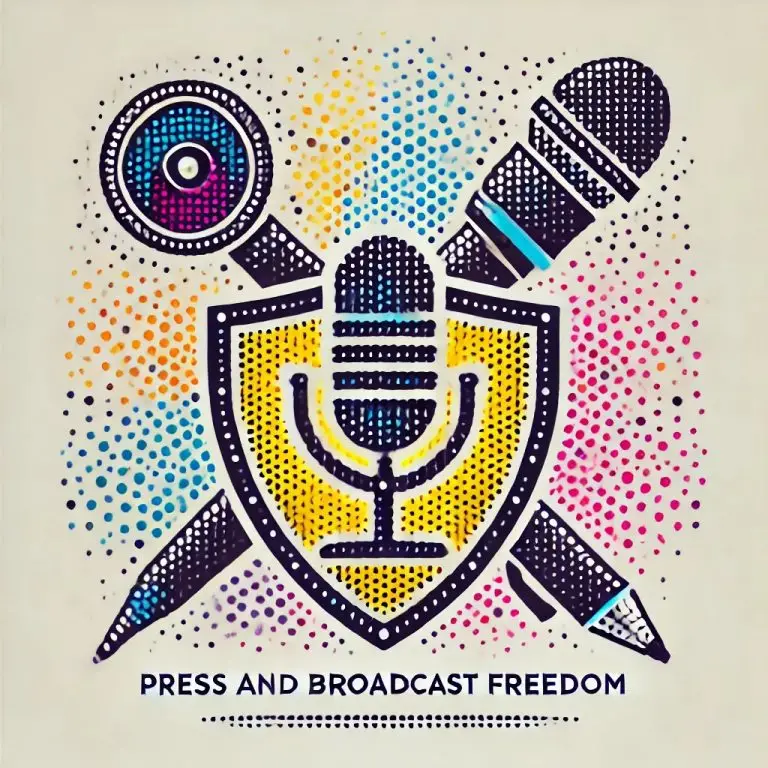
Ensuring freedom of the press and broadcasting
We are committed to ensuring that journalists and media organisations around the world are protected and can work in an environment free from intimidation or censorship. Freedom of the press and broadcasting are the cornerstones of a functioning democracy.

Preserving media diversity with hybrid business models
We promote a diverse and sustainable media landscape that is characterised by innovative, hybrid business models and fair competitive conditions. Our aim is to prevent monopolies and preserve the diversity of voices.
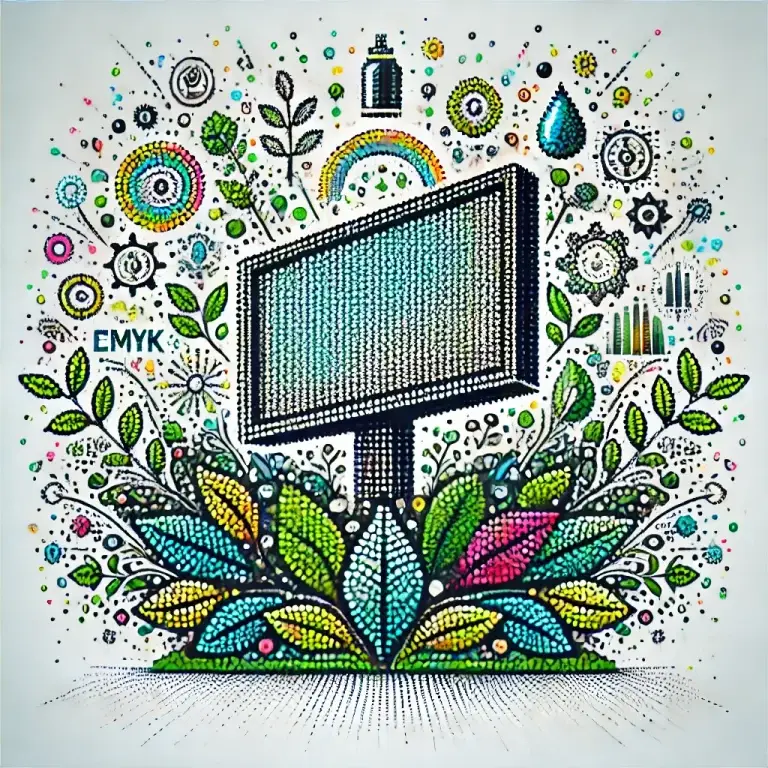
Responsible allocation of advertising investments
We promote new standards in order to manage advertising investments sustainably. Our focus is on supporting content that offers social and democratic added value and avoiding the capitalisation of harmful content.
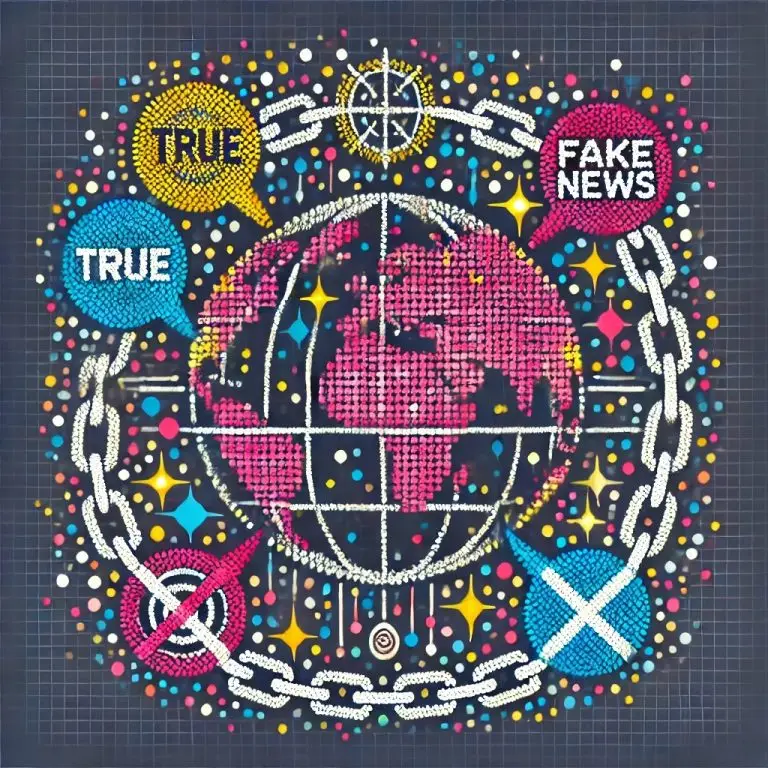
Fighting disinformation and other harmful content
We are fighting against disinformation, fake news and harmful content. Through international cooperation and the use of advanced technologies, we want to curb the spread of such content and strengthen the responsibility of platforms.

Promoting media literacy and education
We promote media literacy in all age groups and social classes. We aim to strengthen critical thinking and counteract disinformation with comprehensive educational programmes and practical training courses.

Integral use of technology and data ethics
We are committed to the safe and honest use of technology based on ethical principles. Transparency in the use of data and algorithms is crucial to ensure trust in digital content.
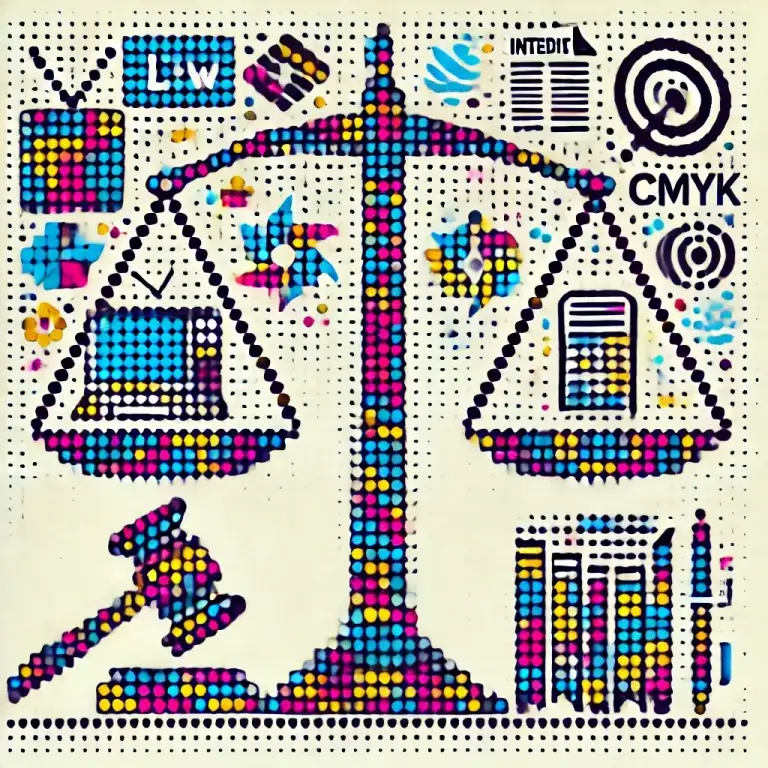
Promoting legal justice in the media and advertising environment
We demand a fair legal framework in the media and advertising market. The protection of privacy, the enforcement of competition rules and a fair tax policy are key to supporting independent media.

Recognition of copyrighted journalistic work
We protect and promote the rights of journalists and media organisations.
and media organisations. Fair remuneration and up-to-date copyright protection are essential to ensure high-quality journalistic work in the digital world.

“Media diversity and trustworthy content are indispensable as a corrective to disinformation and fake news. Advertisers and media agencies can contribute to maintaining media diversity and thus strengthen democracy. There also needs to be a dialogue with advertising-relevant platforms and media companies about their social responsibility.”
Manfred Kluge, Co-Founder
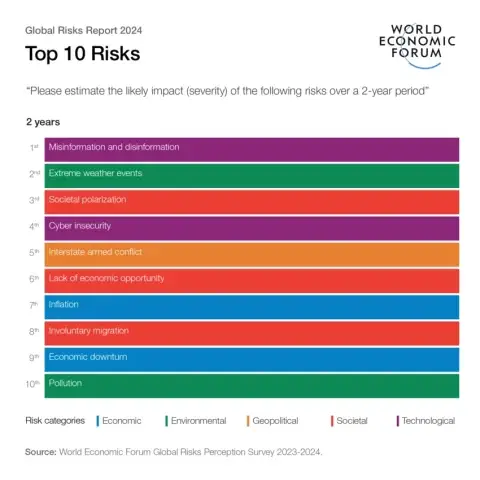
The growing danger of disinformation: a threat to democracy and society
The World Economic Forum categorises disinformation as one of the fastest growing global risks. This threat destabilises elections, undermines trust in governments and the media, and deepens social divisions. With the rapid spread of AI-generated disinformation, society’s ability to distinguish facts from fakes is becoming increasingly difficult. This development not only jeopardises social cohesion, but also the stability of democratic processes worldwide.
Initiative18 starts precisely where the risk of disinformation is greatest: in securing a diverse and independent media landscape. By promoting press freedom, media literacy and hybrid media business models, Initiative18 can help curb the spread of disinformation and restore trust in fact-based reporting. These approaches strengthen society’s resistance to the manipulative power of disinformation and thus make a decisive contribution to stabilising democratic processes.
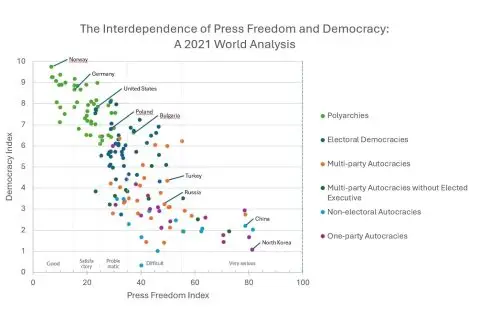
The crucial link between press freedom and democracy:
A data-driven insight
Current data paints a convincing picture of the close relationship between press freedom and democracy. At a time when the integrity of democratic institutions is increasingly being called into question, the importance of a free press cannot be overestimated.
Across Europe and beyond, data from 2021 reveals a worrying trend: Countries where press freedom has declined significantly often see a corresponding decline in their democracy scores. Take Turkey, for example. In 2021, the country experienced a dramatic decline in press freedom: the press freedom score fell to 50.76, a significant deterioration from previous years. This deterioration in press freedom is reflected in a drop in Turkey’s democracy score, which has fallen to 4.35, categorising the country as a ‘hybrid regime’ rather than a full democracy.
Turkey is not an isolated case. In Poland, a country often praised as a post-Cold War success story, a similar pattern can be observed. The press freedom situation has deteriorated significantly, with the score dropping by over 11 points, moving the country further away from the ideals of a free society. This deterioration has coincided with growing concerns about the erosion of democratic norms in Poland and emphasises the crucial role that a free press plays in upholding democracy.
The data underscores a crucial truth: press freedom is not just a barometer of the state of democracy, it is an essential component of it. When the press is suppressed or deprived of its funding base, the flow of information is disrupted, leading to a less informed public, weakened accountability and ultimately a weaker democracy.
As nations around the world grapple with challenges to democracy and press freedom, this data serves as a stark reminder that the two are inextricably linked. To protect one, we must preserve the other. At a time when authoritarianism and populism are on the rise, the support and defence of press freedom is more important than ever for the well-being and future of democratic democracy.
Petition: Inclusion of free, safe and sustainable media as the 18th UN Sustainable Development Goal
Sign now!
Support our call for an 18th United Nations Sustainable Development Goal to protect democracies worldwide.
